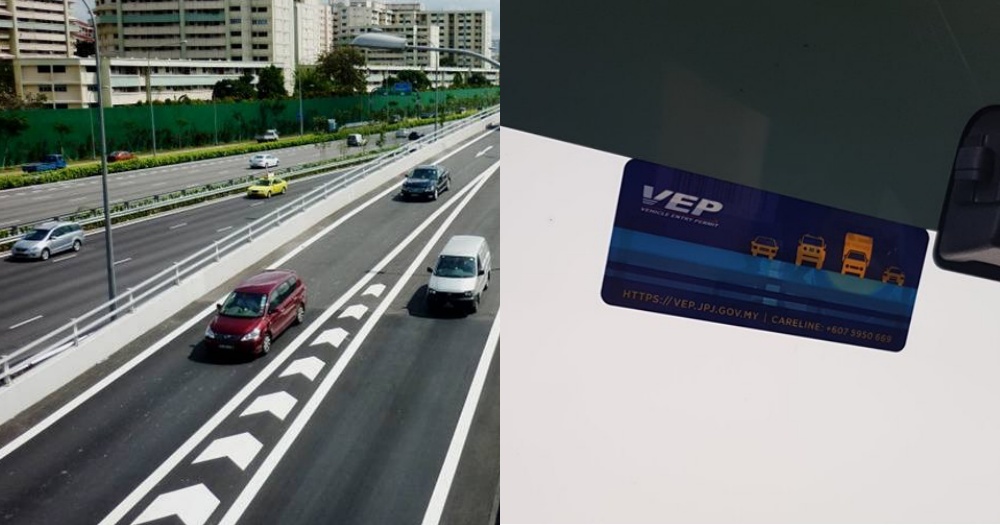On Oct. 9, Transport Minister of Malaysia, Anthony Loke, said in a news conference that the Vehicle Entry Permit (VEP) scheme will only be enforced next year at the earliest.
Delays in VEP implementation
The first official day for VEP was supposed to be on Oct. 1, 2019.
However, the implementation did not go according to plan.
This followed an announcement on Sep. 23 that the VEP had delayed peak-hour traffic operations due to some technical difficulties.
Facing technical issues
According to Straits Times, Loke explained on Wednesday (Oct. 9) that some technical issues have caused the delays in the VEP.
The VEP system was not able to cope with the numbers of cars and vehicles that were supposed to install the necessary radio frequency identification tag (RFID).
Loke added that a new mechanism is in the midst of being finalised to make it easier for all the vehicles to install the RFID.
When will VEP start?
As for the implementation, Loke confirmed that it will not happen this year.
He said that the VEP will probably be enforced next year so that it is "fair to all the Singaporean vehicle owners" as ample time would be given before the system is enforced.
Background
The VEP was first announced in 2017.
Foreign-registered vehicles entering Malaysia would need a VEP.
Without VEP, they will still be allowed to enter the country, but will face a fine upon exit.
The purpose of the VEP was to tackle car theft, deter car-cloning syndicates and to prevent vehicles with outstanding fines from leaving Malaysia.
The VEP is slated to be implemented at the Johor Bahru checkpoint first before being extended to Tuas.
The VEP is renewable every five years.
Top photo via LTA & Andrew Wang/FB.
If you like what you read, follow us on Facebook, Instagram, Twitter and Telegram to get the latest updates.
